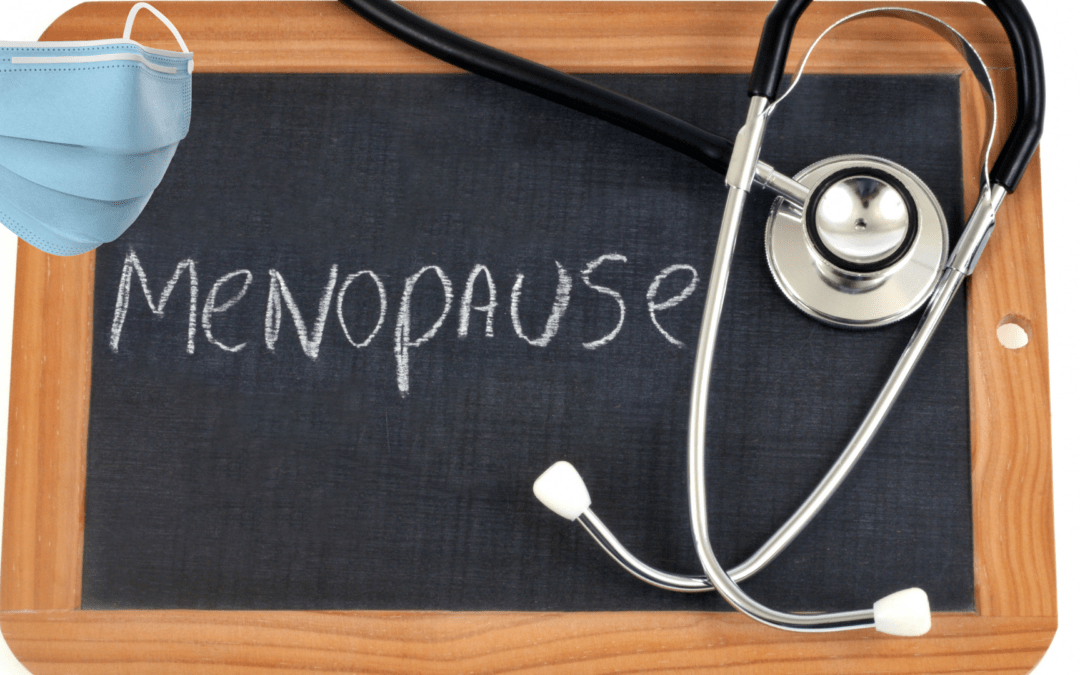Understanding Hysterectomy and Oophorectomy Effects
Roughly 1 in 3 women in the U.S. will have a hysterectomy by age 60, and many will also have their ovaries removed. When that happens, menopause begins immediately—often before age 45.
This is called surgical menopause—and it’s not the same as the natural transition most women expect in their early 50s.
What is Surgical Menopause?
Surgical menopause happens when menopause is triggered by surgery—not by aging.
Normally, menopause happens gradually, around age 51, when your ovaries slow down hormone production over time.
But if both ovaries are removed (a procedure called bilateral oophorectomy), your body stops making estrogen and progesterone immediately. That causes sudden menopause symptoms, no matter your age.
Quick Definitions of the Surgeries
-
- Hysterectomy: Surgery to remove the uterus. You won’t get periods anymore, but unless your ovaries are also removed, you won’t go into menopause right away.
- Oophorectomy: Surgery to remove one or both ovaries. If both are removed, it causes surgical menopause.
These surgeries may be done together or separately, depending on your condition.
Why Would Someone Need These Surgeries?
Doctors may recommend hysterectomy or oophorectomy to treat or prevent:
-
- Gynecological cancers (like ovarian, uterine, or cervical)
- Severe endometriosis
- Fibroids or chronic pelvic pain
- Large or dangerous ovarian cysts
- Genetic cancer risks (like BRCA mutations, which increase ovarian and breast cancer risk)
These decisions are rarely made lightly and usually follow years of symptoms, failed treatments, or proactive risk reduction.
What Happens to Your Body After Surgical Menopause?
When your ovaries are removed, your hormone levels drop fast—often within 24–48 hours. That sudden shift can affect your body and mind in major ways.
Let’s group the symptoms for clarity:
🩺 Physical Changes
-
- Hot flashes & night sweats
- Sleep problems
- Vaginal dryness or discomfort
- Joint aches or body pain
- Fatigue and low energy
🧠 Mental & Emotional Shifts
-
- Mood swings or irritability
- Anxiety or panic episodes
- Brain fog, forgetfulness, or trouble focusing
- Low libido or emotional disconnection
Some women feel these within days of surgery. Others experience a gradual build-up. What makes surgical menopause unique is how fast it begins.
What Real Women Say About It
🟣 Erin’s Story
Erin had her ovaries removed at 41 due to endometriosis. Within days, she felt intense heat flashes, emotional swings, and a deep sense of confusion. Her biggest complaint? “No one told me what to expect.” Erin’s story highlights the emotional whiplash that can follow surgery.
🔗 Full story here.
🟣 Jules’s Experience
At 39, Jules had a full hysterectomy with ovary removal. She describes it as “falling into menopause overnight.” Her anxiety skyrocketed, but HRT helped her stabilize within weeks. She now speaks openly about the importance of being prepared.
🔗 Full story here.
🟣 Rebecca’s Journey
Rebecca felt mentally shattered after her surgery. Panic attacks, crushing fatigue, and feeling “not herself” led her to advocate for better pre-surgical counseling. Her story reminds us that menopause isn’t just physical—it’s emotional, too.
🔗 Full story here.
Is Surgical Menopause Something to Worry About?
It’s not something to fear—but it deserves preparation.
When menopause happens naturally, your body has time to adjust. With surgical menopause, your system is thrown into hormone withdrawal quickly, and that can increase risk for:
-
- Osteoporosis (weakened bones)
- Heart disease
- Memory and focus issues (especially if under 45 at time of surgery)
The good news? You can manage these risks. Hormone therapy, strength training, diet, and support from hormone specialists all make a real difference.
How We Support Women After Surgery
At Amazing Meds, we know this journey is more than physical. It’s personal.
That’s why we offer:
-
- ✅ Advanced hormone testing (estrogen, progesterone, thyroid, cortisol)
- ✅ Custom treatment plans, including BHRT if appropriate
- ✅ Providers who listen, educate, and stay with you—not just treat you
We don’t pressure. We guide. And we help you feel like you again.
👉 Schedule a consultation here if and when you’re ready.
Final Thoughts
Your body may be changing fast—but that doesn’t mean you have to face it alone. With the right knowledge and care, this next phase of life can be steady, strong, and fully yours.
Disclaimer: This blog post provides general information about surgical menopause and should not be considered medical advice. Always consult with your own qualified healthcare provider for diagnosis, treatment, and personalized recommendations.

Celeene Rae
Writer & Blogger @ Amazing Meds


0 Comments